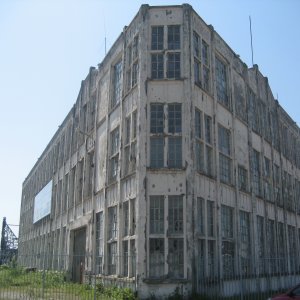#3 The nitrogen-debate: Nitrogen and CO2: everything changes
Nitrogen, that is reason why the construction is stalled. However, the construction industry is neither the largest polluter nor the cause. Especially the production and transport have a significant contribution. That part is among others solvable by using electric tools and transport, in combination with bio-based materials. But still, the contribution is minimal, and the emission remains too large. We are now going to drive with a maximum speed of 100 km/h, to give the construction industry more space. However, this does not solve the nitrogen problem, it only shifts it: there is more nitrogen space, that is being refilled in another way, and not to lower the total amount of nitrogen…
But we can continue constructing buildings (for now). However, when the construction industry gets more space to build, the CO2 emissions will increase again. These new buildings are not operational 0-energy, and the material production causes a huge direct CO2 production as well (embodied energy).
Thus giving the construction industry more space to build and not solving the nitrogen problem, will increase the CO2 problem, which means enhancing the climate crisis. This adds pressure to the fields and nature reserves,: too dry summers, too high temperatures, loss of biodiversity, etc.
It is clear we have to change our space and resource use. Less emissions (of nitrogen and CO2), will result in different and less construction, similar to the way the farming industry has to change and the livestock has to diminish. It all comes together, and we just want too much. Even the construction industry (and the structural engineers!) have to change and decrease. The support base increases to, among others, switch to bio-based materials where possible, which the IPCC advises. And yes, even ‘less construction’ might be necessary in the future. For example, by living smaller, less new buildings are needed. This is already happening in Germany (‘Wohlstandwende’). The environmental problems pile up, and there are no easy solutions.
Ronald Rovers
More on www.ronaldrovers.nl or .com




